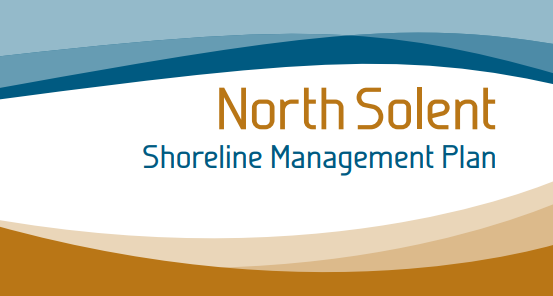What is Stakeholder Engagement?
Integrated and sustainable coastal management aims to:
- reduce risks to:
o people, life and property;
o the developed and natural environment from flooding and coastal erosion; and
o preserve the character of the area and the region. - encompass all activities and interest groups that occur in and around the coast.
- balance natural processes with the often conflicting socio-economic requirements of commercial, recreation and coastal defence needs and nature conservation interests.
To achieve these aims requires effective polices and measures that are flexible to accommodate dynamic land forms. Public consultation, better communication and improved understanding will identify sites at risk from flooding, erosion or instability; increase effectiveness of planning and management of the coastal zone; enable vulnerable sites to be targeted; and emergency planning and hazard warning systems improved.
Stakeholder involvement is an important part of the SMP development process. In setting up the SMP the Client Steering Group must decide on what approach to take in terms of proactive stakeholder interaction to get 'buy in' to the SMP process and the subsequent decisions made on their behalf; and the form that this should take. It is important that the appropriate stakeholders are identified and engaged with from the start of the SMP process, to inform them of the draft plan and that they have opportunities to comment on the plan.
There are different types of stakeholder engagement and the CSG must decide on the most appropriate approach given the specific North Solent SMP frontage and the existing and / or potential risks. The approach will also depend upon the number of interested parties and organisations involved with the coast and how proactive engagement with them could be. Even where a participatory approach is adopted, wider consultation on the draft SMP will still be required at a later stage.
When stakeholders understand the issues and processes involved, they feel encouraged and able to participate further in the consultation process, resulting in wider ownership and integration of sustainable, management solutions.




